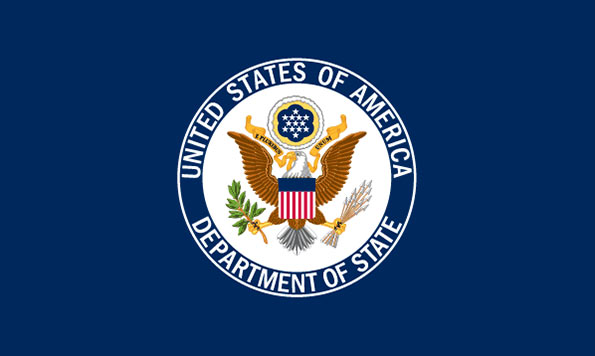U.S. think tank urges continued human rights pressure on Sri Lanka

There is little hope of post-war reconciliation in Sri Lanka unless the new government acts to end the oppression of minority Tamils and ensure reconciliation, a U.S. think tank said on Thursday, urging continued pressure on the country.
President Mathripala Sirisena’s government was elected earlier this year with promises of reconciliation, and secured the delay of a United Nations report due in March after the U.N. human rights chief praised its willingness to open the country up to scrutiny.
However, the California-based Oakland Institute said no progress had been made in resolving pressing human rights issues, including the fate of tens of thousands of people missing since a long civil war ended in 2009, and in investigating and prosecuting war crimes.
It said six years after the war ended with victory by the
Sinhalese over the Tamil Tiger separatists, thousands of Tamils were still displaced and the military occupation of the north and east of the country continued.
An “aggressive” process of “Sinhalization” over the past six years had seen Tamil culture systematically replaced by victory monuments dedicated to Sinhalese hegemony and the majority Buddhist religion, the report said.
“A new government was elected in early 2015 with the promise that it will engage in a process of truth and reconciliation,” the report said. “It is unclear how such a process could effectively take place, given the current level of military occupation and the ongoing Sinhalization efforts.”
Despite the problems, both the United States and India have said they want to cooperate with the government, raising fears they might not press enough to ensure it lives up to its commitments.
“International pressure will be critical for any decisive action,” the report said.
Estimates of the number of people who remain missing since the end war ranged from 70,000, cited in a 2012 U.N. report, to a study by the bishop of Mannar of 147,000 for the Vanni region alone.
While the institute was unable to provide its own estimate, its researchers gathered “dozens of testimonies that confirm that large numbers of individuals are still missing,” the report said.
In early May, U.S. Secretary of State John Kerry visited Colombo and said Washington wanted to renew ties with Sri Lanka, while urging the government to work with the U.N. to ensure the war crimes investigation met international standards.
(Reuters)
Latest Headlines in Sri Lanka
- Sri Lanka launches largest locally manufactured fishing vessel for Somalia March 4, 2025
- Sri Lankan Government approves National Policy ‘A Thriving Nation – A Beautiful Life’ March 4, 2025
- Sri Lanka officials discuss food security ahead of Sinhala and Tamil New Year March 4, 2025
- Fuel distributors accept new CPC commission formula, talks continue March 4, 2025
- IMF commends Sri Lanka’s economic recovery, stresses need for fiscal discipline March 4, 2025



“Sinhalization of Tamil Areas”. 60% of tamils live in sinhalese areas. Tamils own the majority of businesses in the south Yet no sinhalese are permitted to live in, own business premises in tamil areas. You idiots of the west and India better get your facts right and allow the Sri Lankans to sort their own affairs. I would think that the USA within all the problems associated with the treatment of afroamericans and their own war crimes and the Indians with their treatment of the Kashmir problem would have more pressing problems to deal with.